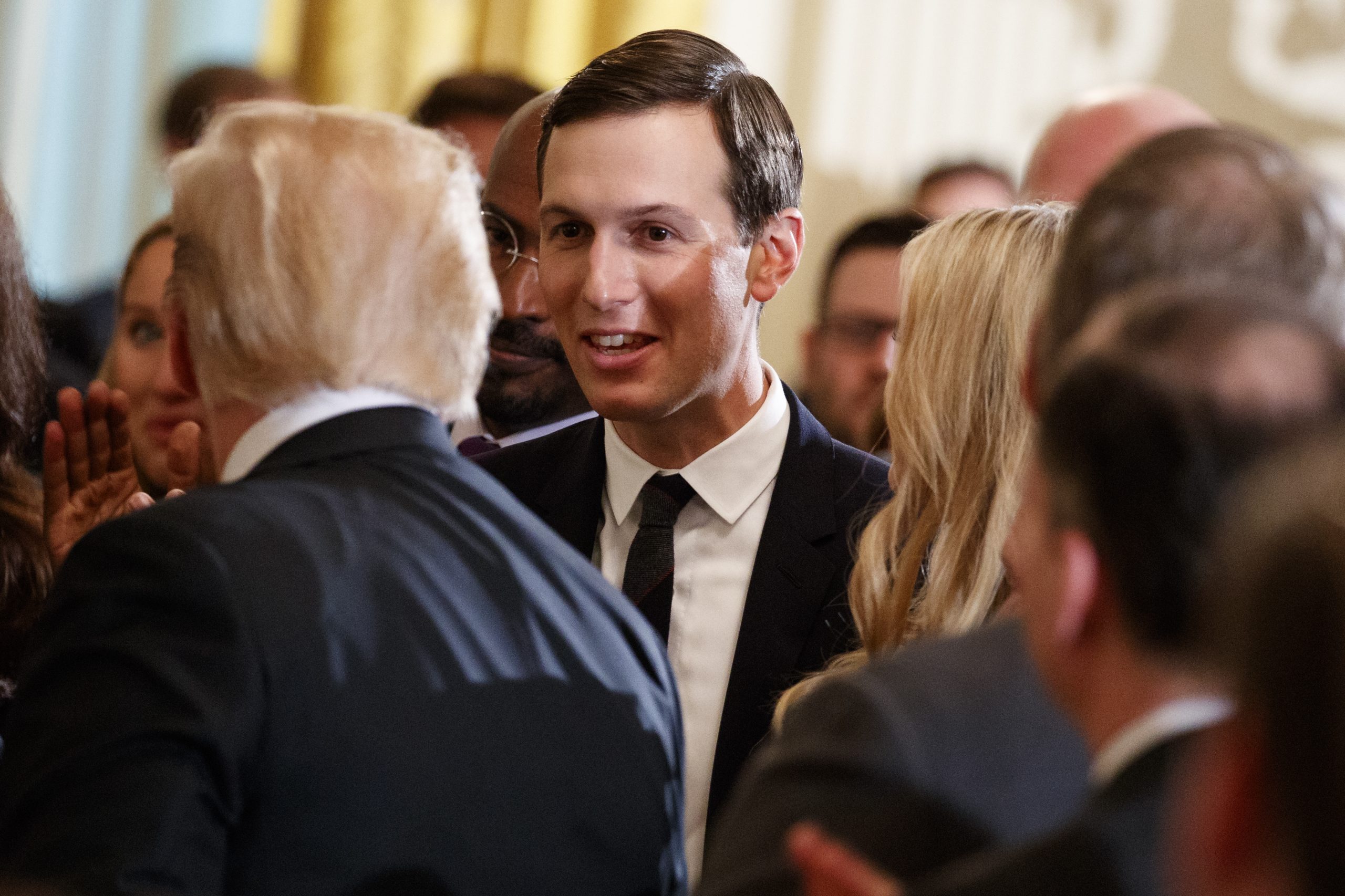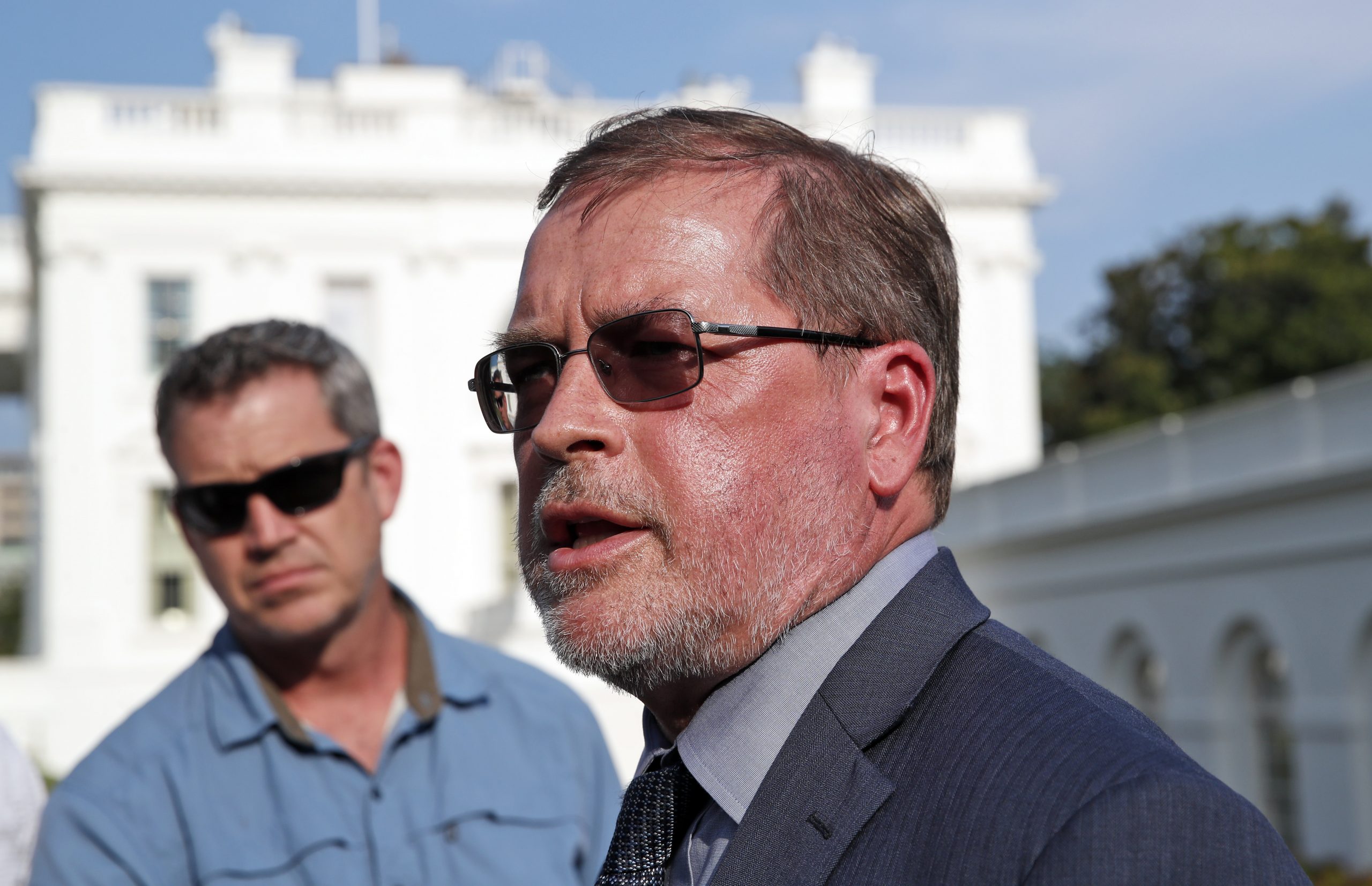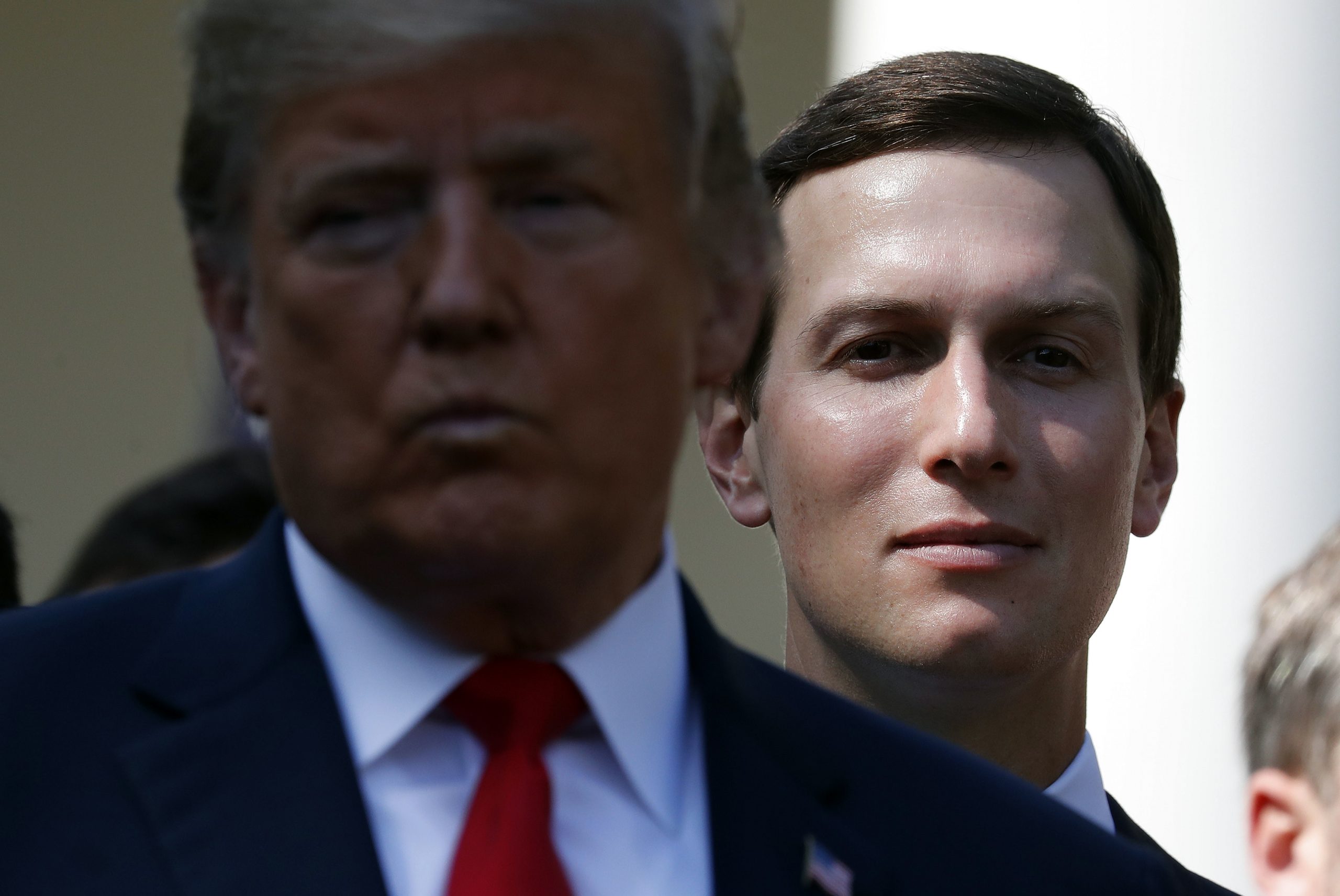Top Trump adviser Jared Kushner is winning bipartisan praise for driving a 20-year effort to reform prison sentencing and criminal justice to the finish line and ignoring repeated declarations that it was dead right up to last week.
Liberal and conservative advocates for justice reform are giving Kushner, President Trump’s son-in-law, credit for cobbling together — despite his inexperience in Washington and with politics — an unlikely coalition that has the package on the verge of Senate passage.
“Jared has been indispensable to this process in navigating through a complex set of relationships and issues, which have been a part of getting us to where we are today and holding together a delicate coalition which has undergirded this effort,” praised Marc H. Morial, president of the National Urban League.
[Opinion: A bipartisan coalition could pass a lot more than just the First Step Act]

On the other side of the aisle, Republican Sen. Rand Paul said, “Having worked on criminal justice reform in the Senate for the past six years, I was pleased to see President Trump’s White House fully engaged in bringing this important issue to the forefront. This would not have happened without Jared’s personal involvement, interest and perseverance. Jared and I both share a more ambitious criminal justice reform vision, but this was the first step, and we look forward to building onto it in the next Congress.”
And Grover Norquist, president of Americans for Tax Reform, one of the groups in the fight the longest, said, “It’s a big win for Jared. For anybody who thought, ‘That’s the New Yorker, out-of-town guy,’ he managed this effort through the House and the Senate.”
According to several officials, Kushner repeatedly dismissed claims that the effort was dead and instead worked with key lawmakers, interest groups, pastors and even celebrities like Kim Kardashian to keep the effort alive and make changes to the “First Step Act” to reduce opposition.
As it faced delay in the Senate, he and others worked through the final concerns and the president personally pushed Senate Majority Leader Mitch McConnell to clear the way for action on the Senate floor, which he did this week. It is expected to pass.

“There were a dozen reasons why it couldn’t happen and two reasons why it could. One is that it is a good idea. And two, you had Jared Kushner keeping his eye on the ball, pushing it forward. Very impressive,” said Norquist.
“Remember, this is the ‘outsider who doesn’t know D.C.,’ threading the needle and moving a piece of legislation through successfully,” he added.
Great news from @senatemajldr re the #FirstStepAct! https://t.co/mvXPXxIdVO
— Avi Berkowitz (@aviberkow45) December 11, 2018
What’s more, he did it with a tiny staff and as he was working on several other important and winning Trump initiatives including changing the North American Free Trade Agreement. While other White Houses have built war rooms to push troubled legislation through, Kushner did it with a core group of three: aides Avi Berkowitz, Cassidy Dumbauld, and legislative affairs staffer Ja’ron Smith.
Their quiet effort to build a liberal-conservative-religious coalition is what worked, said several sources.
“The First Step Act is bipartisan legislation done right — from Jared Kushner and his team at the White House, Reps. Doug Collins and Hakeem Jeffries to outside groups like the Justice Action Network, bringing together folks with different agendas and ideologies, then working the issue relentlessly,” said GOP analyst Doug Heye, a former Republican National Committee spokesman.
“That this may happen at a time when Washington is so polarized is a real credit to everyone involved, and anytime you can get Van Jones, Kim Kardashian, and the Trump White House together, you just might be on to something,” he added.
Kushner’s yearlong effort was hit with several delays as he learned the ropes, but his calming nature and confidence prompted supporters to join in his nonstop effort to deliver a big year-end victory to the president and prison reform advocates eager to cut harsh sentences for minor crimes.

It went so well that some in the administration and on Capitol Hill are looking at Kushner’s model for future bipartisan efforts as Trump works with the new Democratic majority in the House.
Norquist described it as a “left-right” coalition, and one different from typical bipartisanship among the middle in politics. He also said that it wasn’t a simple effort.
“The model is not just put a guy in charge, have him manage the thing, and have the president when he needed to,” said Norquist. “Jared brought it home, managed the conflict between left and hard left, right and hard right, and that’s where the fights were,” he added.
Team ❤️ https://t.co/NPrvEzHyYz
— Cassidy Dumbauld (@CassidyDumbauld) June 7, 2018
Importantly, Kushner worked in quiet and kept the sometimes controversial president away from it until his voice was needed at the end.
“He helped manage those things, he kept the ball rolling, and he kept Trump’s fingerprints off it until the deal was ready. And if anything was going to kill it at the end, it was the Democrats’ fear that they would do something that would make Trump look good,” said Norquist.
And the effort is likely to continue on since the legislation is seen as the first of several steps to reform sentencing and grapple with the racial disparity of prison populations.
Morial, who is eager for future action on it, said, “While not perfect, the bill takes aim at moving the process forward on reducing the harsh application of mandatory minimum sentences.”
